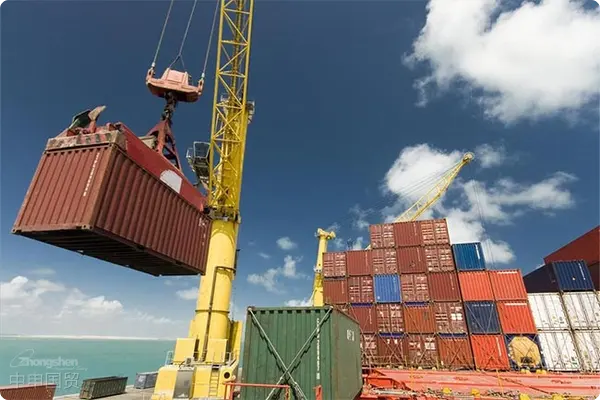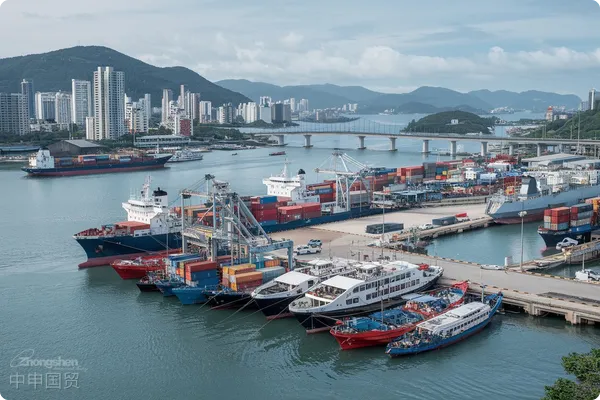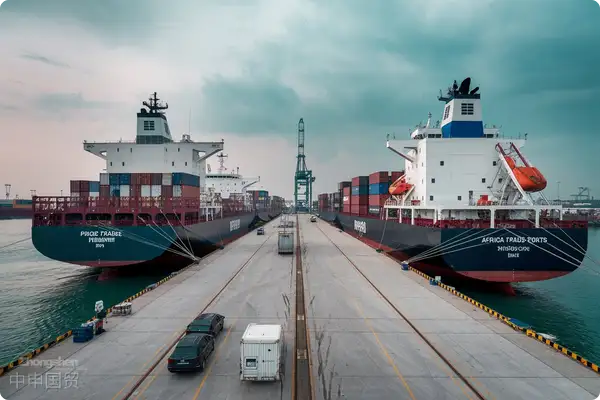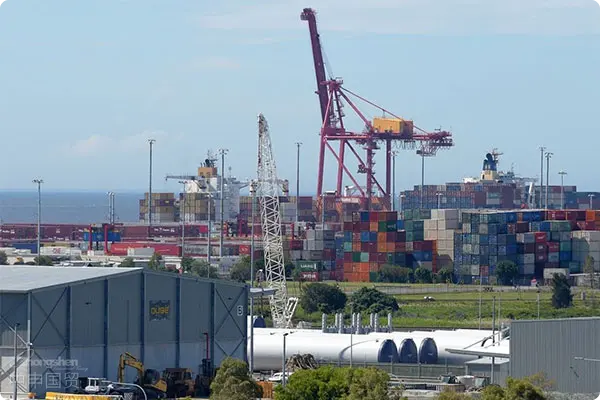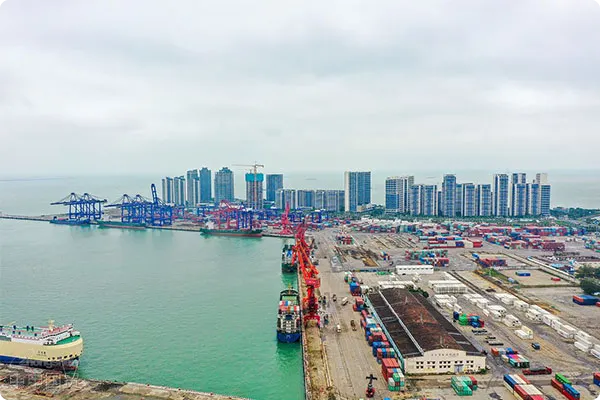- Shanghai Zhongshen International Trade Co., Ltd. - Two decades of trade agency expertise.
- Service Hotline: 139 1787 2118
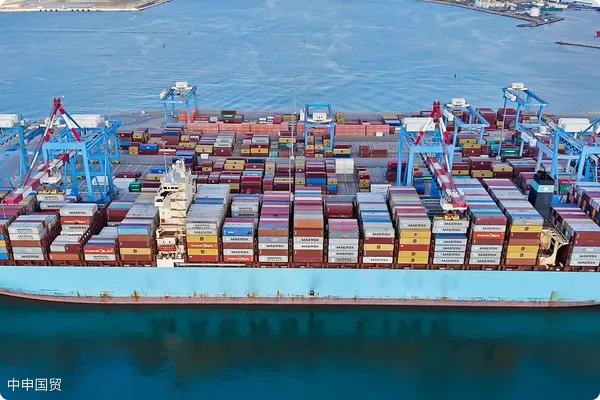
When companies engage in export business, export tax rebate agency services are a critical consideration. The pricing of export tax rebate agency services is a key factor companies must evaluate when selecting such services. Understanding the components and influencing factors of export tax rebate agency pricing helps companies make informed decisions balancing cost and service quality, thereby maximizing benefits in international trade.
I. Components of Export Tax Rebate Agency Pricing
Basic service fees This is the core charging part of the export tax rebate agency service. It covers the basic labor costs invested by the agency in handling export tax rebate business for enterprises, including the salary expenses of professionals who are familiar with export tax rebate policies and regulations. These personnel need to sort out, review, and analyze various documents provided by enterprises, such as customs declaration forms, VAT invoices, and export contracts. In addition, the basic service fees also include the costs generated by the agency for tax rebate declaration, communication and coordination with the tax department, and other routine operations.
This is the fundamental component of export tax rebate agency pricing. It covers the costs of routine services provided by the agency, such as tax rebate filing, document organization, and communication with tax authorities. Agencies invest professional time and effort, and these labor costs are reflected in the base service fee. For example, agencies require experienced tax specialists to review and organize various complex documents provided by companies, such asExport Clearanceinvoices, VAT invoices, and other materials. This process involves significant manual labor, and its costs are inevitably included in the base service fee.
Document Processing Fees
The export tax rebate process involves handling numerous documents, such as commercial invoices, packing lists, shipping documents, and other certificates that need to be collected, reviewed, and submitted. For special documents, additional processing steps may be required, such as certification or translation ofIt is recommended to verify through the following methods:specific certificates. The costs incurred during document processing are also factored into the agency pricing. For example, some products require multilingual document translations to meet the requirements of customs and tax authorities in different countries, and these translation fees become part of the document processing costs.
Value-Added Service Fees (if applicable)
Some agencies may offer value-added services, such as providing companies withExport Drawbackpolicy consultations and training, helping optimize export processes to improve tax rebate efficiency. If companies require these services, corresponding fees will be added to the agency pricing. For example, agencies may offer customized tax rebate planning to ensure companies maximize rebate benefits, and such tailored services often incur additional charges.
II. Factors Influencing Export Tax Rebate Agency Pricing
The enterprise export scale is an important factor affecting the charging standard. As mentioned before, enterprises with a larger scale have a higher volume of export business, and the processing of tax - refund - related documents and data is more complicated. The agency may charge fees as a percentage of the export volume, and the percentage may be relatively low, because large - scale business can achieve economies of scale to a certain extent. While small - scale enterprises, although with a small business volume, still require the agency to invest basic manpower and resources, so they may be charged a relatively high fixed basic service fee or a fee at a higher percentage of a small amount of export volume.
The scale of a companys exports significantly impacts agency pricing. Generally, companies with larger export volumes have more complex documentation and processes, but agencies may offer discounts due to economies of scale. For example, large exporters with substantial monthly shipments may receive lower proportional fees due to the overall business volume. Conversely, smaller exporters may face higher per-transaction costs due to fixed service expenses.
Product Type and Complexity
Different products have varying requirements and difficulties in export tax rebates. Some products may involve special regulatory conditions or complex classification issues, requiring agencies to invest more expertise and effort. For example, high-tech products may involve complex tax policies like R&D expense deductions, requiring detailed technical documentation and professional tax judgments, whereas simplerDaily necessitiesproducts are more straightforward. Thus, more complex products typically incur higher agency fees.
Regional Differences
Regional economic development levels, tax policy enforcement, and labor costs also influence export tax rebate agency pricing. In economically developed areas, such as coastalforeign tradetrade hubs, higher labor and operational costs, along with stricter tax policy enforcement, raise agency fees. In inland regions, where overall costs are lower, agency fees may be more affordable.
Conclusion
Export tax rebate agency pricing is a comprehensive result of multiple factors. When selecting such services, companies should not focus solely on price but also consider service quality, expertise, and value-added offerings. Only then can companies ensure smooth tax rebate processes while achieving the best cost-benefit balance, gaining a competitive edge in international trade.
Related Recommendations
? 2025. All Rights Reserved. 滬ICP備2023007705號-2  PSB Record: Shanghai No.31011502009912
PSB Record: Shanghai No.31011502009912
